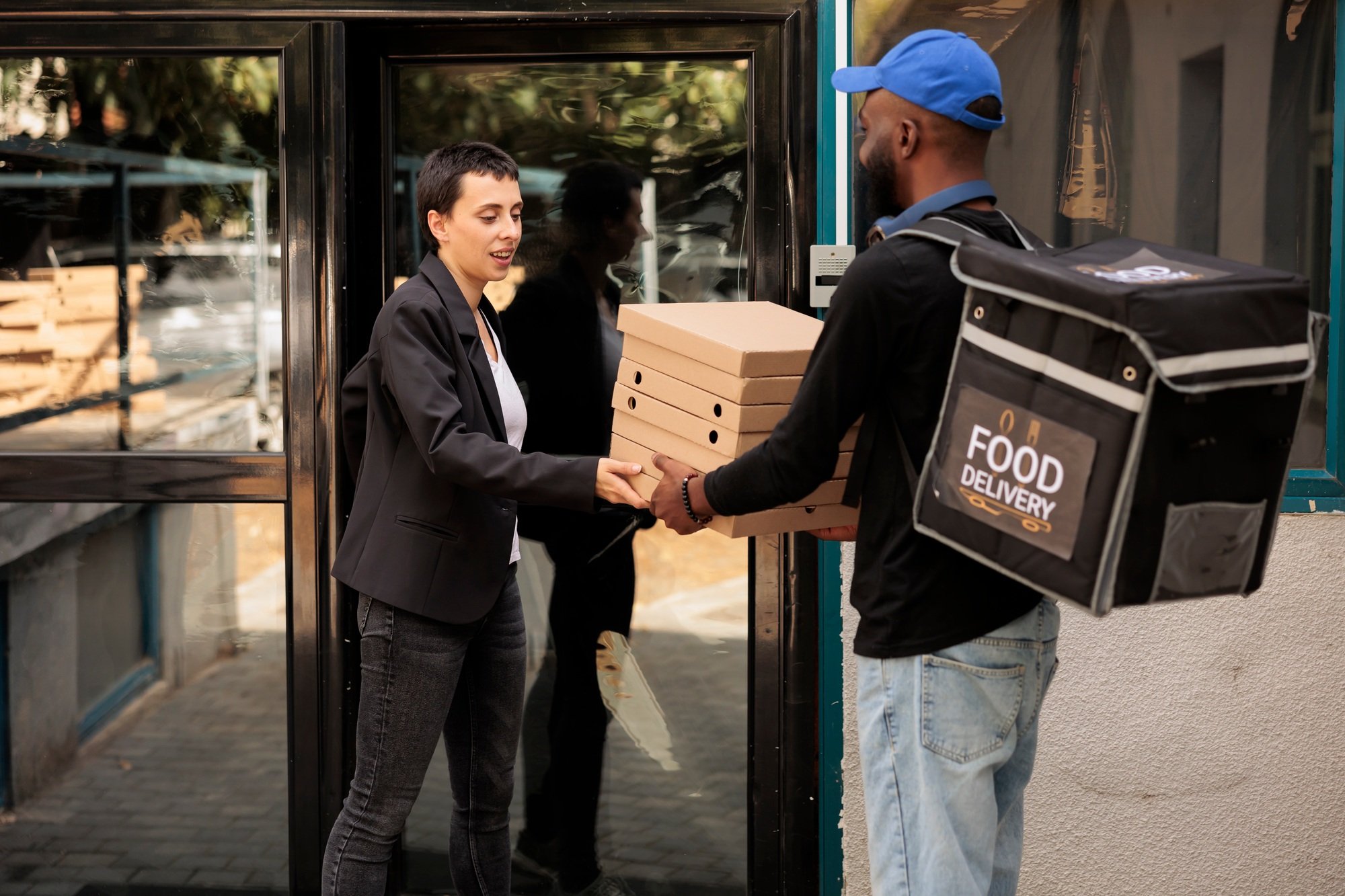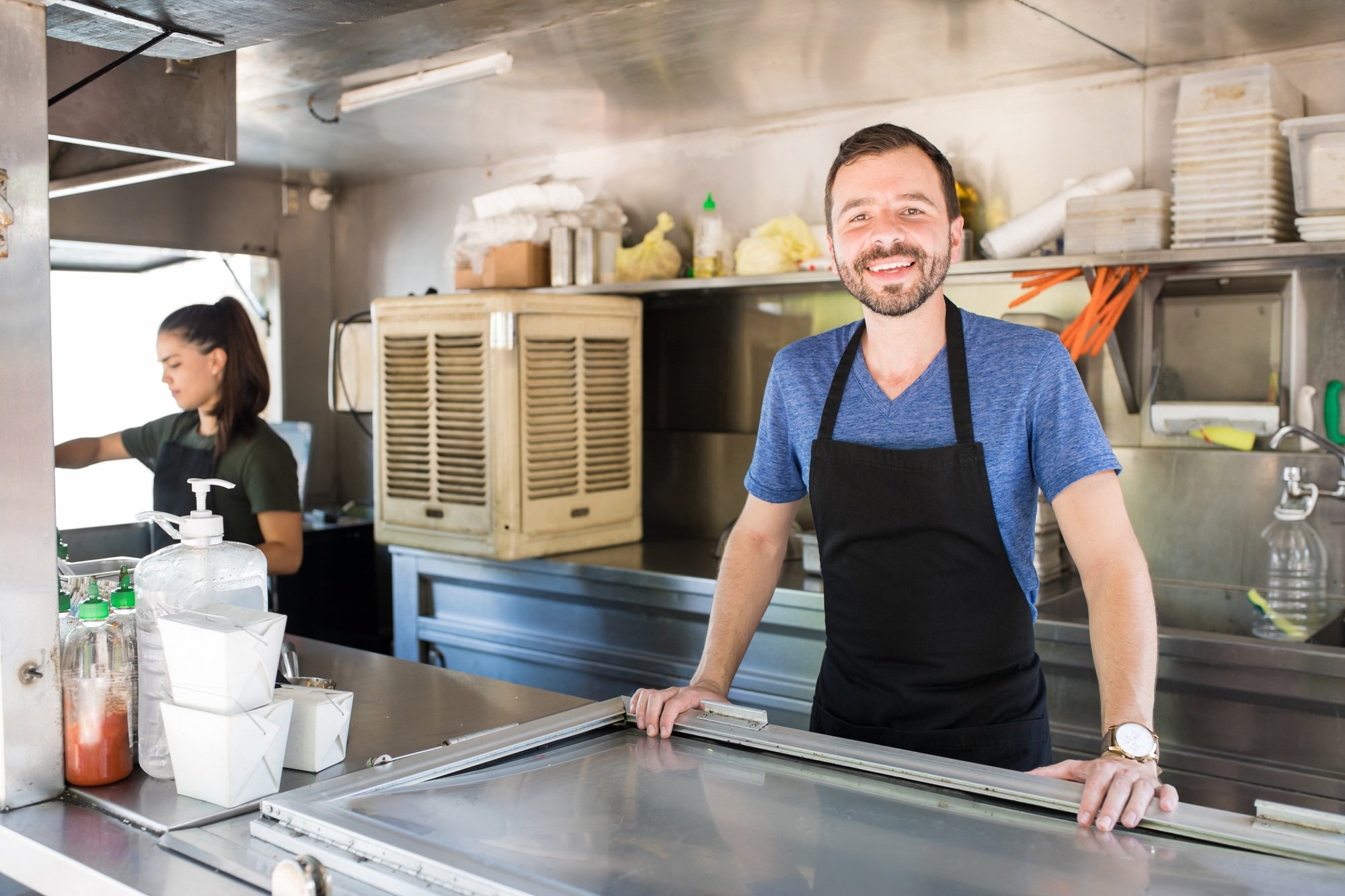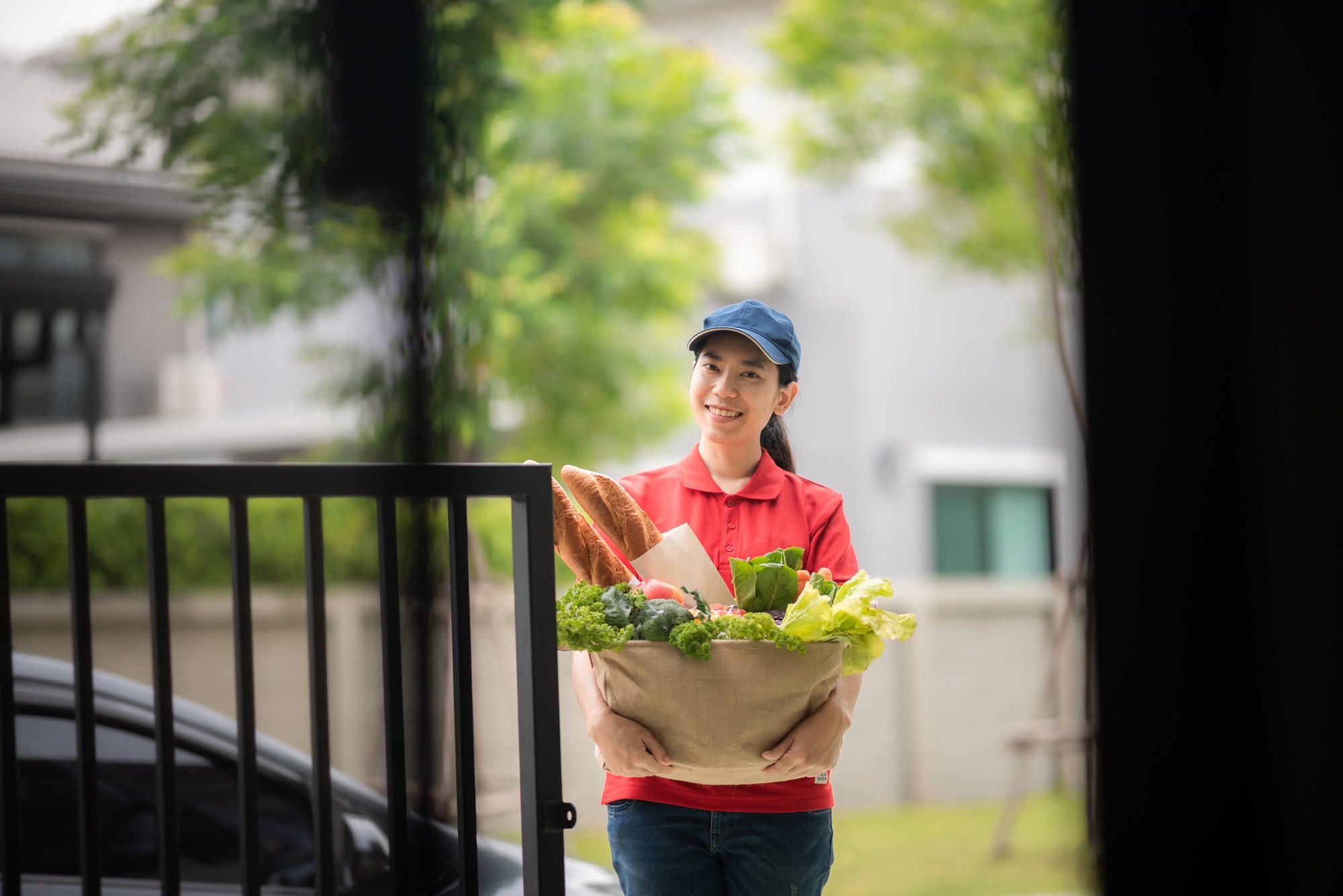Key Takeaways

- Vital Role: Food runners are essential in restaurants, ensuring timely delivery of meals, enhancing customer satisfaction and efficiency in operations.
- Key Responsibilities: Their main duties include supporting kitchen staff, ensuring timely food delivery, and interacting with guests to provide information and support.
- Essential Skills: Successful food runners must possess strong communication, time management, and attention to detail to excel in their role.
- Job Requirements: While a high school diploma is not mandatory, motivation, a willingness to learn, and prior food service experience can be beneficial for this role.
- Career Advancement: The food runner position can serve as a stepping stone to various roles within the hospitality industry, offering growth opportunities for dedicated individuals.
If you’ve ever dined at a bustling restaurant, you might’ve noticed the food runners darting between the kitchen and tables, ensuring meals reach hungry patrons in a timely manner. This vital role keeps the dining experience smooth, allowing servers to focus on customer needs while maintaining the flow of service.
Understanding the food runner job description is essential for anyone looking to break into the hospitality industry. You’ll discover the key responsibilities, skills required, and how this position serves as a stepping stone to other roles in food service. Whether you’re seeking a dynamic job or aiming to advance your career, knowing what it takes to be a successful food runner can set you on the right path.
Overview of Food Runner Role

The food runner plays a crucial role in a restaurant, ensuring timely delivery of meals from the kitchen to guests. This position directly impacts customer satisfaction and the overall efficiency of operations. As a small business owner or human resources employee, understanding the food runner job description is essential.
Food runners support servers by promptly delivering food, maintaining presentation standards, and assisting with clearing tables. They act as a communication link between the kitchen and front of house, relaying important information, such as special requests or completed orders. Effective food runners excel in teamwork and possess strong time-management skills.
Successful food runners also understand the restaurant’s menu, enabling them to answer questions about dishes. This knowledge enhances the guest experience while fostering an informed and responsive team environment. In a small business, hiring efficient food runners contributes significantly to operational success and can lead to further staffing opportunities within the restaurant.
Responsibilities of a Food Runner

The role of a food runner is vital in a restaurant, especially in a small business where efficiency directly impacts customer satisfaction. Below are key responsibilities that food runners fulfill to enhance operations and promote a positive dining experience.
Supporting the Kitchen Staff
Food runners support kitchen staff by accurately delivering food orders to the appropriate tables. They confirm order details with chefs, ensuring that dishes leave the kitchen as intended. This collaboration helps maintain a smooth workflow, which is crucial in small business settings where each employee plays a significant role in operational success.
Ensuring Timely Delivery
Food runners ensure timely delivery of meals to guests, which enhances overall dining satisfaction. They prioritize quick transportation of food, maintaining the right temperature and presentation standards. Prompt delivery influences customer perceptions and encourages repeat visits, making efficiency a priority for small business owners.
Interaction with Guests
Food runners interact with guests to enhance their dining experience. They may answer menu questions or provide updates on food timing, acting as a communication bridge between customers and servers. Positive interactions foster a welcoming environment and contribute to excellent customer service, essential for small businesses looking to build a loyal clientele.
Skills Required for Food Runners

Food runners play an integral role in small businesses, requiring specific skills to facilitate effective operations and enhance customer experiences.
Communication Skills
Effective communication skills are essential for food runners. You must relay customer requests, address concerns, and coordinate with kitchen staff and servers. Clear communication fosters an efficient workflow, which is particularly valuable in small business settings where every interaction can impact customer satisfaction. This skillset enables you to create a welcoming environment, ensuring customers feel valued and understood.
Time Management
Strong time management is crucial for food runners. You need to prioritize tasks, ensuring timely delivery of meals while maintaining service speed during peak hours. Balancing multiple tables and orders can be challenging, especially in a bustling small business atmosphere. Efficient time management enhances operational flow, allowing for seamless cooperation between front-of-house and back-of-house staff.
Attention to Detail
Attention to detail significantly affects a food runner’s performance. You must ensure accurate deliveries, maintain proper presentation, and check orders for completeness before serving. This skill helps to minimize errors, which is vital for customer satisfaction and operational success in small businesses. Refining this ability contributes to a cohesive team effort, positively influencing the overall dining experience.
Job Requirements and Qualifications

For a food runner role in your small business, specific qualifications help ensure operational efficiency and enhance customer satisfaction.
Educational Background
While a high school diploma or equivalent may be necessary for some positions, it isn’t a strict requirement in all cases. Many small businesses hire enthusiastic individuals still in high school or those without a diploma. Prioritizing motivation and a willingness to learn often leads to a more engaged team.
Experience Levels
Previous experience in a restaurant or hospitality setting is advantageous, but not always essential. Many successful food runners start without extensive background knowledge. By providing on-the-job training, your small business can cultivate attentive, skilled employees who adapt to your specific service style and menu offerings.
Conclusion

Understanding the food runner job description is key for anyone looking to thrive in the hospitality industry. This role not only ensures timely meal delivery but also enhances the overall dining experience for guests. By honing skills like effective communication and time management, you can significantly contribute to a restaurant’s success.
Whether you’re starting your career or seeking advancement, being a food runner offers valuable insights into restaurant operations. It’s a position that can pave the way for future opportunities while playing a crucial role in creating memorable dining experiences. Embrace the chance to be part of a dynamic team and make a lasting impact in the food service world.
Frequently Asked Questions

What is the role of a food runner in a restaurant?
Food runners facilitate timely meal delivery between the kitchen and dining area. They ensure food presentation meets standards, assist servers by clearing tables, and act as a communication link between staff, enhancing the overall dining experience.
What skills are essential for a successful food runner?
Key skills for food runners include effective communication, strong time management, and attention to detail. These skills help them coordinate with kitchen staff, prioritize tasks, and maintain food presentation, contributing to excellent customer service.
Do you need prior experience to become a food runner?
While prior experience in a restaurant is beneficial, it is not always required. Many small businesses are open to hiring motivated individuals, including high school students, and provide on-the-job training to develop necessary skills.
How does being a food runner benefit career advancement in the hospitality industry?
Working as a food runner provides valuable experience in restaurant operations, which can lead to promotions or transitions into roles like server or kitchen staff. It’s a great entry point for those looking to build a career in hospitality.
Why are food runners crucial for small business success?
Food runners play a vital role in efficiency and customer satisfaction in small restaurants. Their timely meal delivery and attention to presentation help create a positive dining experience, encouraging repeat visits and fostering customer loyalty.
Image Via Envato



